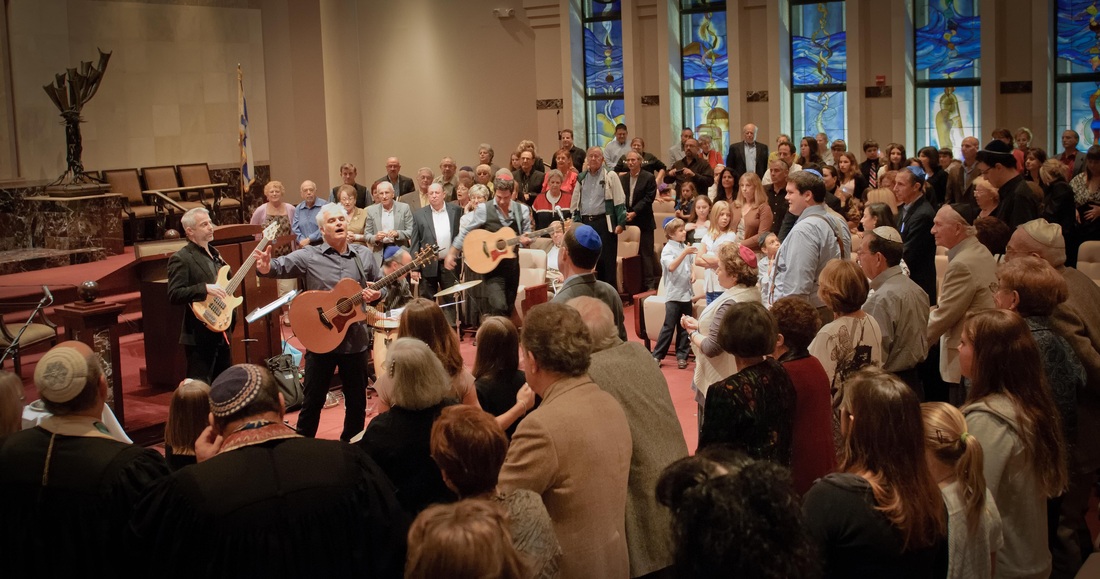I met with four brothers and sisters to plan tomorrow's funeral service for their mother. I prompted them to remember times of great love and joy while they mopped tears of devotion and grief from their faces.
I met with a 96-year-old woman and her daughter in the assisted living facility into which the mother has just moved. I listened to them both tell stories about their lives, their family and their anxieties about what may be life's last chapter.
I met with a woman who traveled across the country to be with her mother as she lies dying in hospice. I heard her talk about her mother's rage, the hurt her mother has caused her and her siblings, the difficult life her mother has lived, and of the way she has found joy and sweetness by forgiving her mother.
The most sacred moments in life are sometimes the hardest. Yet, the joy we experience in times of sorrow can be the most intense. In grief, we remember the things that make life most beautiful and most meaningful to us. Moments of celebration, too, can be times when we experience loss most intensely because we miss the people who are not there. We go up as we go down; we go down as we go up.
In this week's parashah (Vayetze), Jacob comes to rest as he is running away from his family and from the hurt he caused his brother, Esau. He is on his way to Haran, where he shortly will meet the love of his life, Rachel, and his greatest adversary, Laban. He lies down on the hard ground to sleep and has a dream of angels going up a ladder and coming down a ladder (Genesis 28:10–19).
The rabbis say that the ladder represents the fortunes of life—good and bad. Some ascend in fortune while others descend. The ladder also represents the link between heaven and earth, a pathway to the sacred in our lives. Both the ascending angels and the descending angels are sacred. Our lives are made holy by moments of intense joy and they are made holy by moments of unbearable grief. Sometimes, they are the same moments on the same ladder.
Tonight, thinking back on my day, I am thinking about that ladder.
Other posts on this topic:
Acharei Mot: Facing the Direction of Azazel




 RSS Feed
RSS Feed
